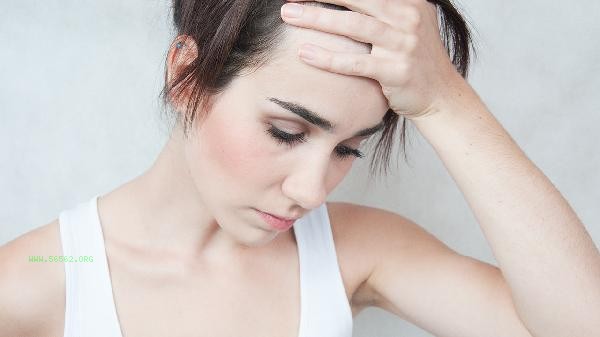The main sports suitable for menopausal women include yoga, brisk walking, swimming, Tai Chi, and Pilates. These exercises help alleviate menopausal symptoms, enhance bone health, and improve mood.

1. Yoga
Yoga helps alleviate common menopausal hot flashes, anxiety, and insomnia through soothing postures and breathing exercises. The meditation components in yoga can also regulate autonomic nervous system function and reduce emotional fluctuations. It is recommended to choose Hatha yoga or Yin yoga with a moderate temperature and style, and avoid high-temperature yoga to avoid aggravating hot flashes. Practicing 3 times a week for 30 minutes each time can significantly improve sleep quality.
2. Fast walking
Fast walking is a low impact aerobic exercise that can prevent common cardiovascular diseases and osteoporosis in menopausal women. Maintaining a speed of 5 kilometers per hour for 30 minutes a day can increase high-density lipoprotein levels. Choosing soft ground such as parks or playgrounds, combined with arm movements, can synchronously exercise upper limb muscle groups.
3. Swimming
The buoyancy of water can reduce joint burden, especially suitable for women with menopausal joint pain. breaststroke and freestyle can enhance cardiovascular function, and resistance training in water can also prevent muscle loss. Swim 2-3 times a week, keeping the water temperature around 28 ℃ to avoid hot flashes caused by cold water stimulation.

4. Tai Chi
The slow and smooth movements of Tai Chi can improve balance and reduce the risk of falls in menopausal women. Its mind guiding properties can regulate the hypothalamic pituitary axis function and alleviate discomfort caused by hormone fluctuations. It is recommended to practice 24 simplified Tai Chi exercises in the morning every day, combined with abdominal breathing for better results.
5. Pilates
Core Pilates training can strengthen pelvic floor muscles and improve stress urinary incontinence that may occur during menopause. Equipment assisted training can accurately exercise deep muscle groups and correct posture problems caused by reduced estrogen levels. Beginners should start with Pilates on a mat, preferably twice a week. Menopausal women should pay attention to gradual exercise and fully warm up and stretch before and after exercise. Avoid fasting exercise that can cause hypoglycemia, and promptly supplement calcium rich foods after exercise. Patients with combined osteoporosis should avoid jumping movements, and hypertensive patients should control their exercise intensity. It is recommended to choose a variety of alternating exercises, combined with a balanced diet and regular sleep schedule, to alleviate menopausal discomfort to the greatest extent possible. If there are abnormal palpitations or joint pain, stop exercising immediately and consult





Comments (0)
Leave a Comment
No comments yet
Be the first to share your thoughts!